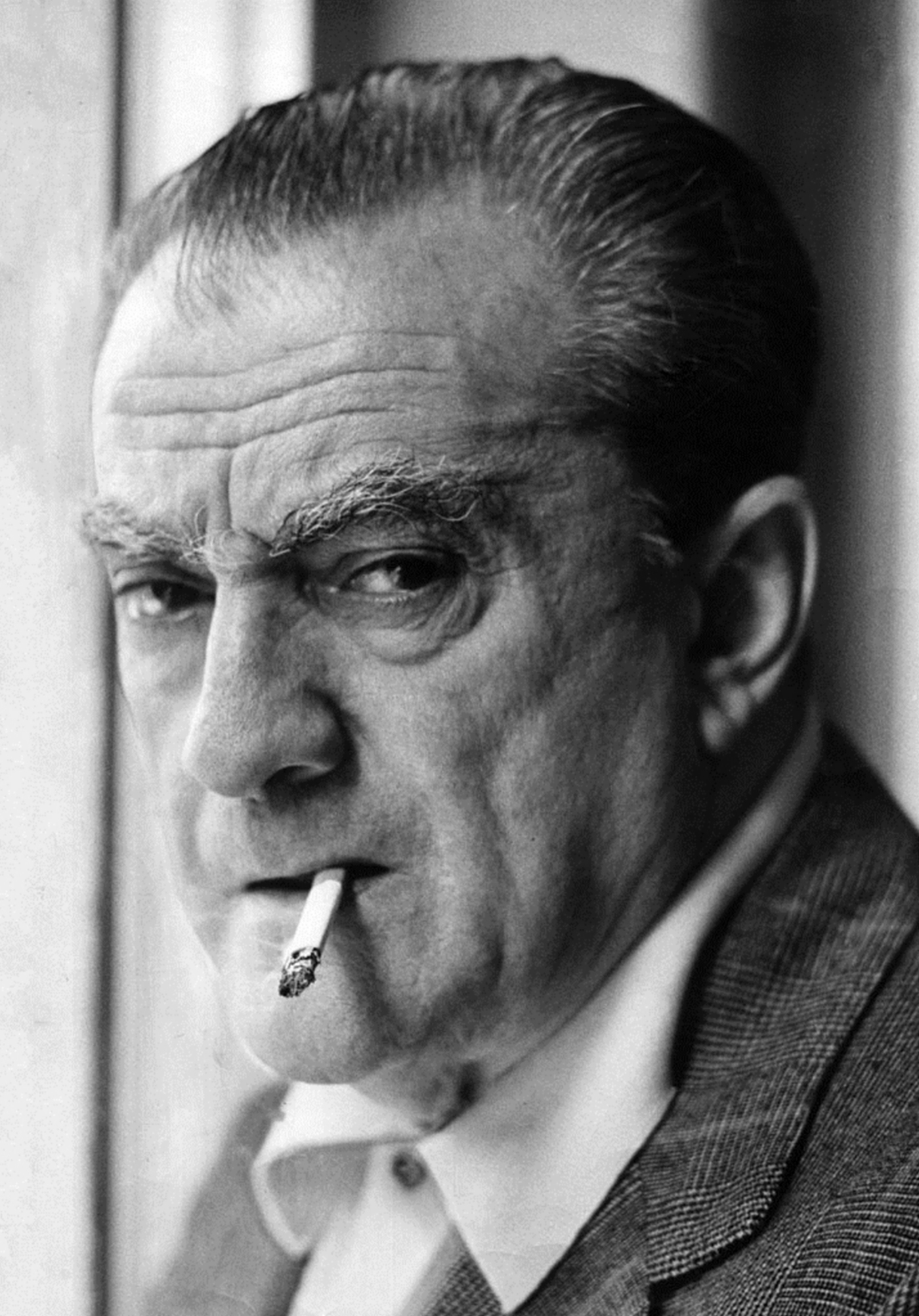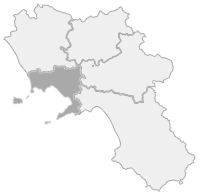Great and prolific film, theatre and lyrics works director, well-known screenwriter, bearer of a personal and unmistakable style on the large- screen. He became the pioneer of Neorealism. Luchino Visconti di Modrone was born in Milan on 2nd of November 1906.
 From an ancient noble family, Luchino was not brilliant in classical studies, but he studied the cello and, as a child, he saw important people from the music world such as the master Arturo Toscanini. His director career started in Paris in 1936, as the assistant of Jean Renoir. When he returned to Italy with the cinema of the “white telephones”, in 1942 he signed his first direction with Ossessione (Obsession). This marked the beginning of Neorealism. After 8th of September, he joined the Resistance, hosting illegals in his villa. Captured by the notorious Koch band, he risked to be shot, but he was saved in extremis by the actress Maria Denis. When the war ended, he was among the authors of Giorni di Gloria (Days of Glory), a documentary dedicated to the Resistance.
From an ancient noble family, Luchino was not brilliant in classical studies, but he studied the cello and, as a child, he saw important people from the music world such as the master Arturo Toscanini. His director career started in Paris in 1936, as the assistant of Jean Renoir. When he returned to Italy with the cinema of the “white telephones”, in 1942 he signed his first direction with Ossessione (Obsession). This marked the beginning of Neorealism. After 8th of September, he joined the Resistance, hosting illegals in his villa. Captured by the notorious Koch band, he risked to be shot, but he was saved in extremis by the actress Maria Denis. When the war ended, he was among the authors of Giorni di Gloria (Days of Glory), a documentary dedicated to the Resistance.
The frequentation of Ischia started then, in 1945. His first house was in Ischia Porto, in Punta Molino, right in front of the sea. What would have then been his place of retreat “La Colombaia” overlooked the sea as well, between Lacco Ameno and Forio. When Visconti saw for the first time the splendid white villa stooging out among the dark rocks and the wild vegetation of Zato, he was struck. With that special place it was love at first sight, but it was not easy to conquer it. The villa belonged at that time to Count Fassini, who was not intended to sell it. But Visconti was determined to buy it and pursued his goal with great instance and determination, until he eventually reached it. He also had clear ideas on how it should have become and so, he entrusted the restoration to the architect Giorgio Pes. He dedicated himself to the interior renovation in liberty style, looking personally in Italy and abroad for period architectural elements and valuable antique furniture. In that refuge he continued to return for the rest of his life, his the periods of pause between the many works he that brought him to Italy and abroad, while he increasingly established himself as a director. His films have made the history of cinema: The Earth Trembles (1948), Bellissima (1951), Senso his first colour film (1954), White nights Silver Lion prize (1957), Rocco and His Brothers (1960), The Leopard Palme d’or in Cannes (1963), Sandra (1965), The Stranger (1967), The Damned (1969), Death in Venice (1971), Ludwig (1973), on whose screenplay he also worked in Ischia. And then many theatrical and opera direction in the main theatres and with the greatest interpreters. Visconti died in Rome on 17th of March 1976. His ashes are since 2003 under a rock of the Colombaia.



Comments powered by CComment